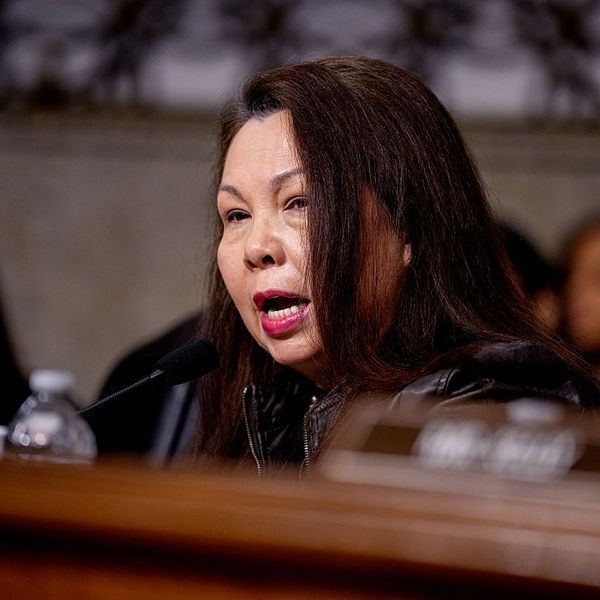L'amour, l'amour fair tourner le monde.
-- Anonymous French song
I know I speak for all my readers when I say that we greeted the news with sighs of relief. It seemed we had gone to the precipice, and walked back into a warm embrace that could not have been imagined only one year earlier. It was then, at the meeting of the United Nations General Assembly, that our beloved president addressed the assembly, and in strident tones called the esteemed leader of North Korea, Kim Jong Un: "rocket man," and went on to say: "he is on a suicide mission for himself and for his regime." Earlier in the year he had said that: "continued threats against the U.S. would be 'met with fire and fury like the world has never seen.'"
The United States and the world breathed a huge sigh of relief when Mr. Trump and Mr. Kim agreed to hold a summit meeting in Singapore. At the conclusion of that meeting, Mr. Trump held a press conference. He described the atmosphere between himself and Mr. Kim, saying: "We laughed until we cried;" "We got to know each other well in a very confined period of time, under very strong, strong circumstances." He went on to say that: "It's a very great moment in the history of the world."
Although there were no parades in capitals around the world, celebrating this momentous achievement by two presidents who had been greatly underestimated by all of us, it was indeed a "great moment in the history of the world" and we all eagerly awaited the next steps that would be taken. We could not have anticipated that only four months later our hopes would be dashed, and dashed they were, by none other than Mr. Trump's Secretary of State, Mike Pompeo. Mr. Pompeo had apparently failed to capture the euphoria that poured out of the Singapore meeting.
On August 8, 2018, Mr. Pompeo made an appearance before the Senate Foreign Relations Committee. In his appearance he was asked by Democratic Senator, Ed Markey, whether North Korea was still in the business of making bomb fuel. Mr. Pompeo said: "Yes, they continue to produce fissile material." That response was troubling to those of us who believed that following the Singapore meeting, North Korea's production of fissile material would come to a halt. Mr. Pompeo's response to yet another question about whether North Korea was still pursuing the construction of submarine launched missiles, and whether its nuclear program in general was continuing apace, was even more disturbing. Mr. Pompeo said that question had to be answered in a private setting since responding publicly would not help "a complex negotiation with a difficult adversary." The substance of that response was troubling since it seemed to suggest that there was dark matter that could only be discussed in a confidential setting. Even more troubling was his referring to North Korea as a "difficult adversary." That does not sound like a description of a leader with whom our president "laughed until we cried." Indeed, following the Singapore summit, we were left with the impression that all that was required was wrapping up a few minor details and the relations between North Korea, South Korea, and the rest of the world would be on a path that led to a state of sublime happiness.
Whatever fears were awakened by Mr. Pompeo's response to questions posed by the Senate Foreign Relations Committee, they were dispelled by Mr. Trump's most recent revelations about his dealings with Mr. Kim.
Speaking at a rally at the West Banco Arena in Wheeling, West Virginia, on September 28, 2018, Mr. Trump reassured those who had been troubled by Mr. Pompeo's testimony a few months earlier. For the assembled multitude, he described the negotiations he and Mr. Kim had, saying: "I was really tough and so was he, and we went back and forth" But then came the good news that put joy in the hearts of all who had been worried by Mr. Pompeo's words. Mr. Trump told the adoring crowd: "And then we fell in love, OK? No, really, he wrote me beautiful letters, and they're great letters. We fell in love." That was great news and reassured an anxious world.
We can be confident that Mr. Pompeo got the message, and Mr. Kim will certainly let his foreign minister, Ri Yong-ho, know. That is especially important since speaking to the U.N. General Assembly in New York on September 29th, Mr. Ri, unaware of the love letters, said: "Without any trust in the U.S., there will be no confidence in our national security, and under such circumstances, there is no way we will unilaterally disarm ourselves first." That is no more the language of love than were the words of Mr. Pompeo.
In the interests of world peace, Mr. Trump should immediately share the love letters with Messrs. Ri and Pompeo. Only then will we all breathe easier.



